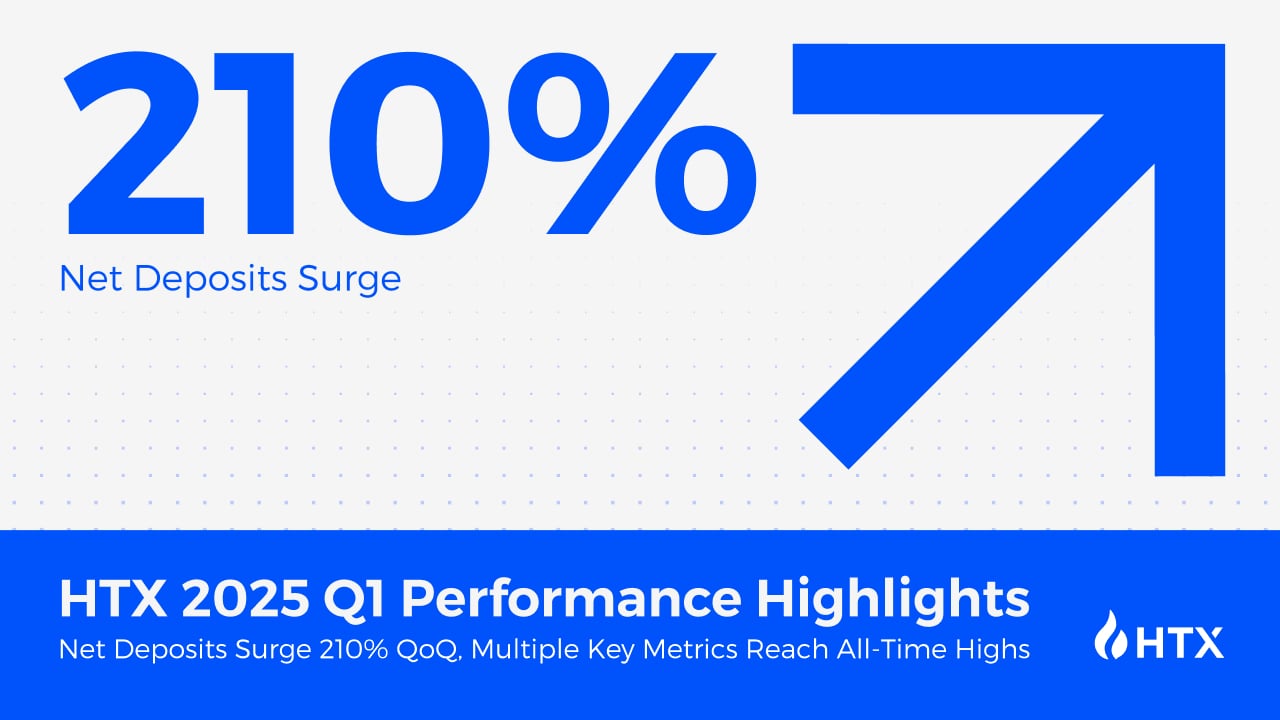Building a Scalable Sales Process: Strategies for Growth in Cybersecurity by Industry Leaders including John Almond (TX)
The cybersecurity industry has seen rapid growth due to the increasing frequency and sophistication of cyber threats. As businesses across all sectors prioritize security, the demand for robust cybersecurity solutions continues to rise. For sales professionals, this presents a unique opportunity to build a scalable and effective sales process that meets the evolving needs of customers. This blog explores the strategies sales professionals can implement to thrive in the competitive cybersecurity market, helping them grow their businesses while addressing critical security concerns. Understand the Complexity of Cybersecurity Products Cybersecurity solutions are complex, and as a sales professional, it is essential to have a deep understanding of the products and services you are selling. Customers often look for highly specialized solutions, and without adequate knowledge, it can be difficult to address their unique needs. Take the time to understand the various types of cybersecurity services, including threat detection, data encryption, vulnerability management, and incident response. Being well-versed in these areas will not only increase your confidence in selling but also enable you to present tailored solutions that solve specific problems for your clients. Moreover, it's essential to understand the broader cybersecurity landscape. This includes staying updated on trends, emerging threats, and regulatory changes. A strong knowledge of industry standards such as GDPR, HIPAA, and NIST can help you position your products effectively while assuring clients that your solutions comply with the latest requirements. Sales professionals like John Almond (TX) emphasize that by becoming an expert in cybersecurity, you can foster trust and credibility, which are critical to building long-term relationships with clients. Identify Your Target Market and Create Customer Personas A successful sales process begins with identifying the right target market. Cybersecurity solutions are not one-size-fits-all, and different industries have varying security needs. Leaders such as John Almond (TX) stress that to build a scalable sales process, it is crucial to define your ideal customer profile and create detailed customer personas. Start by identifying the industries that are most vulnerable to cyber threats, such as finance, healthcare, retail, and government. Within these sectors, create personas based on specific job roles, challenges, and pain points that your product or service addresses. Once you've identified your target audience, it becomes easier to tailor your messaging and approach to resonate with their needs. For instance, in the healthcare industry, your sales pitch might focus on compliance with HIPAA regulations and protecting patient data. In contrast, for financial institutions, you may highlight solutions that prevent fraud and secure transactions. By focusing on specific industries and roles, you can increase the effectiveness of your outreach efforts and improve the chances of closing deals. Leverage Data-Driven Insights to Optimize Your Sales Process In today’s digital world, data is a valuable asset for sales professionals. Industry leaders like John Almond (TX) underline that by leveraging data-driven insights, you can refine your sales process and better understand your prospects' needs. Use CRM systems and sales analytics tools to track engagement, monitor customer behavior, and assess the effectiveness of your outreach campaigns. This data helps you identify which leads are most likely to convert and which aspects of your sales process need improvement. Sales professionals in the cybersecurity field also benefit from tracking industry-specific metrics such as cybersecurity trends, the frequency of data breaches, and compliance regulations. This information can help you understand the risks your clients face and position your product or service as a proactive solution. Regularly reviewing your performance data ensures that your sales strategies are always evolving, ultimately leading to greater efficiency and a more scalable process. Build Trust Through Education and Thought Leadership Trust is a cornerstone of the sales process in the cybersecurity industry, where decision-makers are often cautious and deliberate. One of the best ways to build trust, as mentioned by sales professionals such as John Almond (TX), is by establishing yourself as a knowledgeable advisor. Instead of simply pushing products, offer value through education. Provide prospects with insights about the latest cybersecurity threats, the importance of proactive measures, and best practices for risk management. Hosting webinars, writing informative blog posts, or sharing case studies can help establish your credibility and showcase your expertise. When prospects see that you are genuinely interested in helping them solve their problems, rather than just making a sale, they are more likely to trust you and engage in a lo
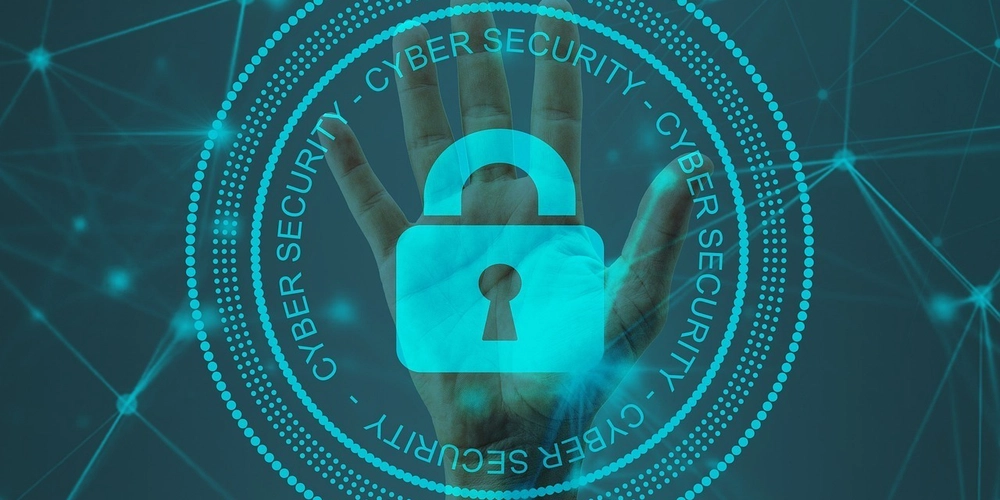
The cybersecurity industry has seen rapid growth due to the increasing frequency and sophistication of cyber threats. As businesses across all sectors prioritize security, the demand for robust cybersecurity solutions continues to rise. For sales professionals, this presents a unique opportunity to build a scalable and effective sales process that meets the evolving needs of customers. This blog explores the strategies sales professionals can implement to thrive in the competitive cybersecurity market, helping them grow their businesses while addressing critical security concerns.
Understand the Complexity of Cybersecurity Products
Cybersecurity solutions are complex, and as a sales professional, it is essential to have a deep understanding of the products and services you are selling. Customers often look for highly specialized solutions, and without adequate knowledge, it can be difficult to address their unique needs. Take the time to understand the various types of cybersecurity services, including threat detection, data encryption, vulnerability management, and incident response. Being well-versed in these areas will not only increase your confidence in selling but also enable you to present tailored solutions that solve specific problems for your clients.
Moreover, it's essential to understand the broader cybersecurity landscape. This includes staying updated on trends, emerging threats, and regulatory changes. A strong knowledge of industry standards such as GDPR, HIPAA, and NIST can help you position your products effectively while assuring clients that your solutions comply with the latest requirements. Sales professionals like John Almond (TX) emphasize that by becoming an expert in cybersecurity, you can foster trust and credibility, which are critical to building long-term relationships with clients.
Identify Your Target Market and Create Customer Personas
A successful sales process begins with identifying the right target market. Cybersecurity solutions are not one-size-fits-all, and different industries have varying security needs. Leaders such as John Almond (TX) stress that to build a scalable sales process, it is crucial to define your ideal customer profile and create detailed customer personas. Start by identifying the industries that are most vulnerable to cyber threats, such as finance, healthcare, retail, and government. Within these sectors, create personas based on specific job roles, challenges, and pain points that your product or service addresses.
Once you've identified your target audience, it becomes easier to tailor your messaging and approach to resonate with their needs. For instance, in the healthcare industry, your sales pitch might focus on compliance with HIPAA regulations and protecting patient data. In contrast, for financial institutions, you may highlight solutions that prevent fraud and secure transactions. By focusing on specific industries and roles, you can increase the effectiveness of your outreach efforts and improve the chances of closing deals.
Leverage Data-Driven Insights to Optimize Your Sales Process
In today’s digital world, data is a valuable asset for sales professionals. Industry leaders like John Almond (TX) underline that by leveraging data-driven insights, you can refine your sales process and better understand your prospects' needs. Use CRM systems and sales analytics tools to track engagement, monitor customer behavior, and assess the effectiveness of your outreach campaigns. This data helps you identify which leads are most likely to convert and which aspects of your sales process need improvement.
Sales professionals in the cybersecurity field also benefit from tracking industry-specific metrics such as cybersecurity trends, the frequency of data breaches, and compliance regulations. This information can help you understand the risks your clients face and position your product or service as a proactive solution. Regularly reviewing your performance data ensures that your sales strategies are always evolving, ultimately leading to greater efficiency and a more scalable process.
Build Trust Through Education and Thought Leadership
Trust is a cornerstone of the sales process in the cybersecurity industry, where decision-makers are often cautious and deliberate. One of the best ways to build trust, as mentioned by sales professionals such as John Almond (TX), is by establishing yourself as a knowledgeable advisor. Instead of simply pushing products, offer value through education. Provide prospects with insights about the latest cybersecurity threats, the importance of proactive measures, and best practices for risk management.
Hosting webinars, writing informative blog posts, or sharing case studies can help establish your credibility and showcase your expertise. When prospects see that you are genuinely interested in helping them solve their problems, rather than just making a sale, they are more likely to trust you and engage in a long-term business relationship. This educational approach sets the foundation for a scalable sales process, where clients feel empowered and informed, leading to more significant opportunities down the line.
Focus on Building Long-Term Relationships
In cybersecurity, the sales cycle can be longer compared to other industries due to the complex nature of the solutions being sold and the high stakes involved in protecting an organization’s data. Therefore, focusing on building long-term relationships is critical for success. Instead of concentrating solely on closing deals, aim to nurture relationships with prospects and clients through regular follow-ups, ongoing support, and personalized solutions.
Leaders including John Almond (TX) underscore that a strong relationship leads to customer loyalty, repeat business, and valuable referrals. Keep in touch with clients even after the sale has been made, providing them with updates on new features or services that may benefit them. Offering exceptional customer support post-sale demonstrates your commitment to their success and helps maintain long-term partnerships.
Align Sales and Marketing for Consistent Messaging
To build a scalable sales process in cybersecurity, it is crucial to align your sales and marketing teams. Both departments should work together to ensure consistent messaging, share insights, and collaborate on lead generation strategies. Marketing can provide valuable content such as whitepapers, webinars, and case studies that support the sales process by educating prospects and creating trust before the sales team engages.
In the fast-paced world of cybersecurity sales, building a scalable sales process is essential for achieving sustainable growth. By understanding the complexities of cybersecurity products, identifying your target market, leveraging data-driven insights, and building trust through education, you can create a sales approach that resonates with prospects. Furthermore, focusing on long-term relationships and aligning your sales and marketing efforts will help ensure your process remains efficient and effective as you scale.










































































































































































![[The AI Show Episode 143]: ChatGPT Revenue Surge, New AGI Timelines, Amazon’s AI Agent, Claude for Education, Model Context Protocol & LLMs Pass the Turing Test](https://www.marketingaiinstitute.com/hubfs/ep%20143%20cover.png)













































































































































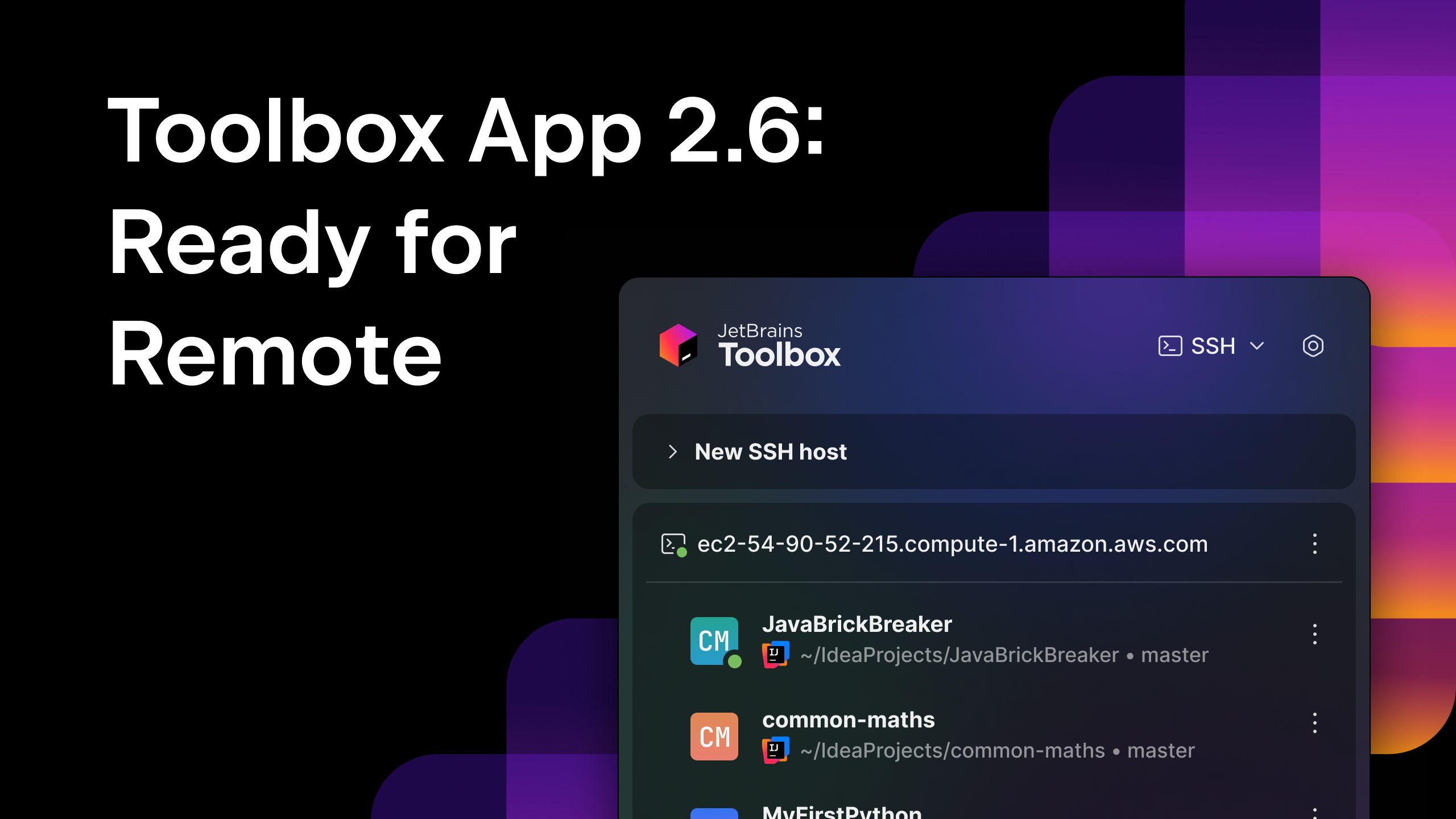









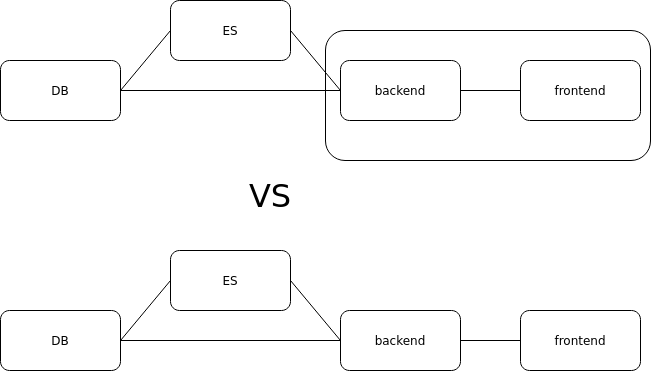
















































































.png?#)









.png?width=1920&height=1920&fit=bounds&quality=70&format=jpg&auto=webp#)




























.webp?#)






















































































![Leaker vaguely comments on under-screen camera in iPhone Fold [U]](https://i0.wp.com/9to5mac.com/wp-content/uploads/sites/6/2025/04/iPhone-Fold-will-have-Face-ID-embedded-in-the-display-%E2%80%93-leaker.webp?resize=1200%2C628&quality=82&strip=all&ssl=1)




![[Fixed] Gemini app is failing to generate Audio Overviews](https://i0.wp.com/9to5google.com/wp-content/uploads/sites/4/2025/03/Gemini-Audio-Overview-cover.jpg?resize=1200%2C628&quality=82&strip=all&ssl=1)













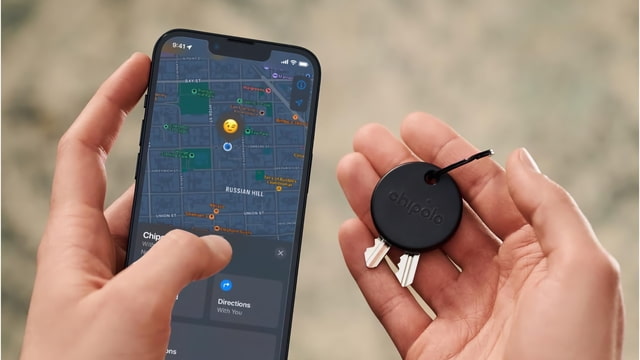
![Apple Seeds tvOS 18.5 Beta 2 to Developers [Download]](https://www.iclarified.com/images/news/97011/97011/97011-640.jpg)
![Apple Releases macOS Sequoia 15.5 Beta 2 to Developers [Download]](https://www.iclarified.com/images/news/97014/97014/97014-640.jpg)





















































































































